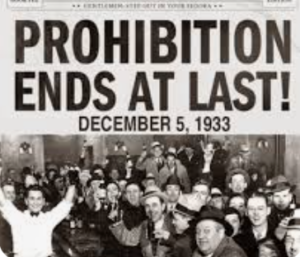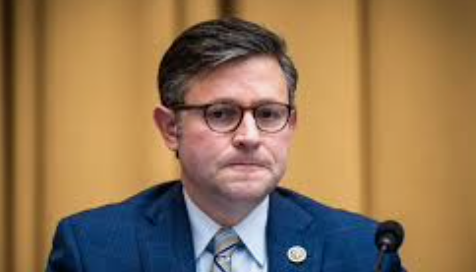As a new federal administration starts to take place…who are the Prohibitionists against cannabis?
House Speaker Mike Johnson is one of the leading ones in the country along with Smart Approaches to Marijuana (SAM) group. While prohibiting things have generally not gone well in the country, some people are hard core to restrict what others can do. These types have been around since the 14th century. The word prohibition originally meant “the act of prohibiting by authority”. The word prohibitionist was first recorded in 1830. A prohibitionist is a person who supports or advocates for prohibition, which is the act of officially not allowing something, especially the sale of alcohol in the the United States during the 1920s. So what and who are today’s marijuana prohibitionists?
Related: Cannabis Can Help You With Stress
The roots of marijuana prohibition in the United States can be traced back to the 1930s. Harry J. Anslinger, who headed the U.S. Treasury Department’s Narcotics Bureau from 1930 to 1962, played a pivotal role in criminalizing marijuana. Initially opposed to federal legislation against marijuana, Anslinger later capitalized on public fears and lobbied for the Marijuana Tax Act of 1937.

So who are some of the marijuana prohibitionists today? The Drug Enforcement Administration (DEA) is in a legal mess and they have broken protocol and possible laws n their approach to rescheduling cannabis. Community Anti-Drug Coalitions of America (CADCA) and Smart Approaches to Marijuana (SAM) are part of the same mess. Also the National Institute on Drug Abuse, Drug Free America Foundation and Partnership for Drug-Free Kids and the Heritage Foundation.. In elected office there is Florida Governor Ron DeSantis, Nebraska Attorney General Mike HIlgers, Senator Mitch McConnell and some of the new administration nominees.
Tactics used include lobbying against legalization bills with no factual information, supporting anti-cannabis public service announcements an advocating for maintaining marijuana’s Schedule I status.
As public opinion shifts and more states legalize marijuana for medical or recreational use, the influence of prohibitionists has waned. Except for a group of older, traditional law and policy makers. They continue to play a significant role in shaping drug policy debates at both state and federal levels.


